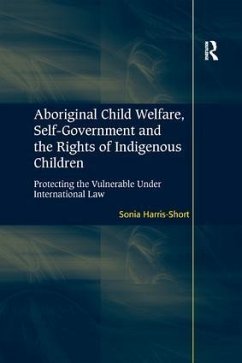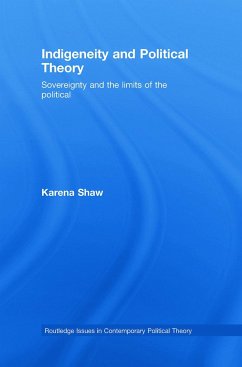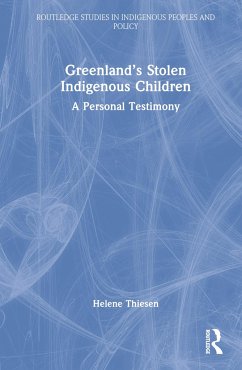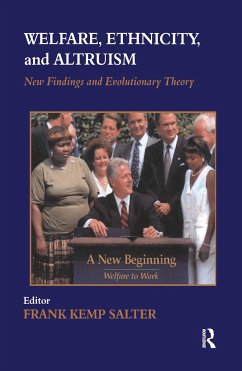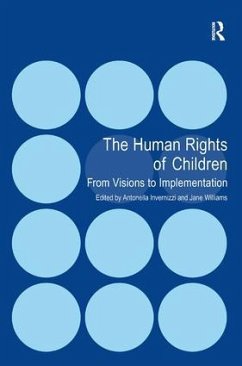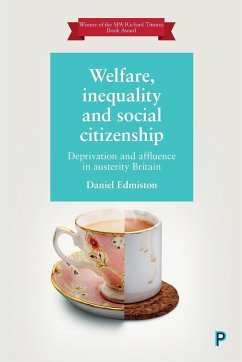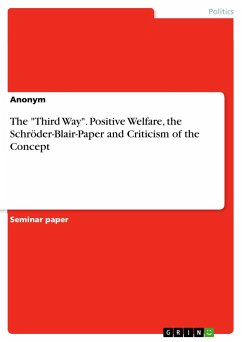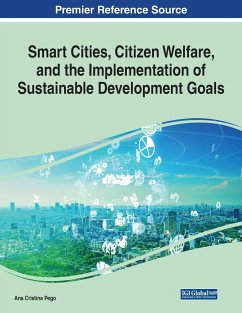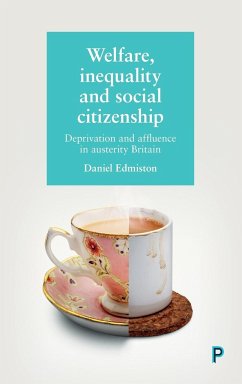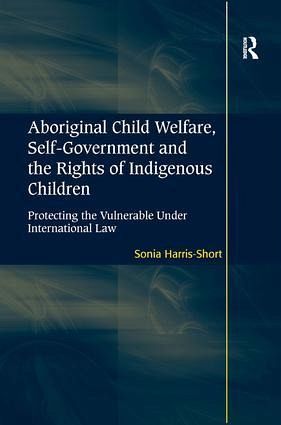
Aboriginal Child Welfare, Self-Government and the Rights of Indigenous Children
Protecting the Vulnerable Under International Law
Versandkostenfrei!
Versandfertig in 1-2 Wochen
178,99 €
inkl. MwSt.
Weitere Ausgaben:

PAYBACK Punkte
89 °P sammeln!
This volume addresses the contentious and topical issue of aboriginal self-government over child welfare. It focuses on Canada and Australia to examine the fundamental changes in the design, management and delivery of child welfare and protection services within aboriginal communities. The role of international law as a potentially more sensitive solution is also explored. It is argued that the effective implementation of such changes requires a journey well beyond the single issue of child welfare to the heart of the debate over self-government, self-determination and sovereignty in both nati...
This volume addresses the contentious and topical issue of aboriginal self-government over child welfare. It focuses on Canada and Australia to examine the fundamental changes in the design, management and delivery of child welfare and protection services within aboriginal communities. The role of international law as a potentially more sensitive solution is also explored. It is argued that the effective implementation of such changes requires a journey well beyond the single issue of child welfare to the heart of the debate over self-government, self-determination and sovereignty in both national and international law.




